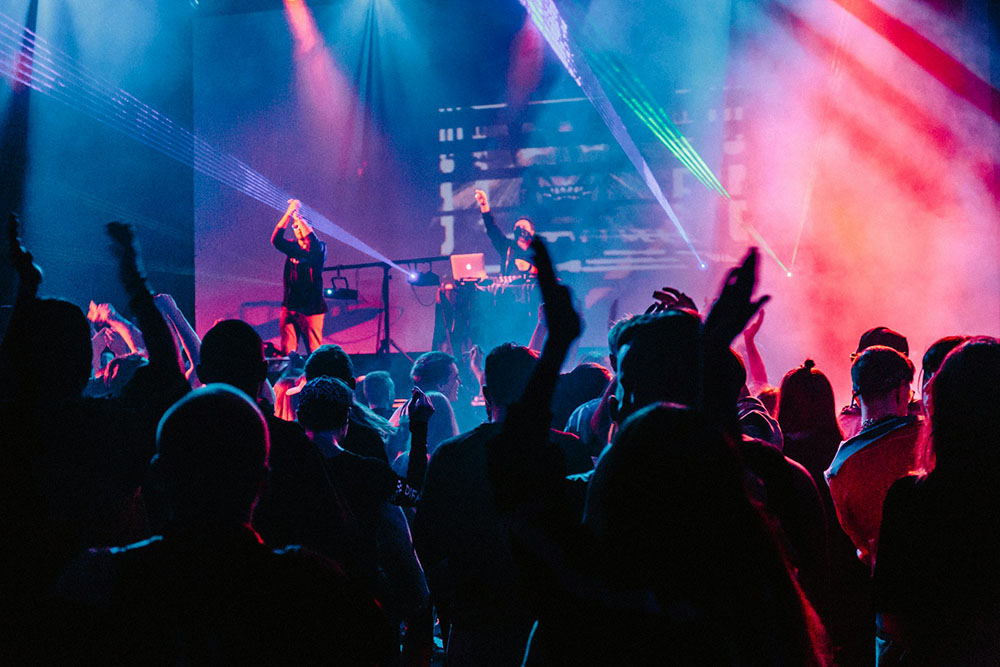
In the fast-paced world of popular music, trends shift almost overnight. A single release can catapult an artist to global fame or quietly fade into the background depending on how audiences respond. In Europe and North America, one of the most engaging ways fans interact with these releases is through music chart competitions—especially when two or more popular singers drop new singles around the same time. This phenomenon, often framed as a “new single showdown,” has become a powerful cultural moment. It not only fuels fan enthusiasm but also creates a dynamic space where listeners feel directly involved in shaping the narrative of success.
The appeal of music showdowns
At its core, a new single showdown is simple: two or more artists release fresh tracks, and fans are invited to choose their favorite. The appeal lies in its immediacy. Unlike long-term album sales or streaming statistics, which accumulate over weeks, a showdown is fast, exciting, and highly interactive. Fans can rally behind their chosen artist in real time, creating a sense of urgency and community.
This format mirrors the competitive spirit of sports, where teams face off in matches that demand instant support. In music, however, the “teams” are beloved singers, and the “scoreboard” is shaped by the collective voices of listeners. This transforms passive listening into active participation, giving fans a sense of agency in the outcome.
A cultural connector
The rise of digital platforms has revolutionized how audiences engage with music. In the past, fans might have shown support by purchasing physical singles or calling into radio stations. Today, with just a few clicks, they can take part through polls on websites, apps, and social media. This accessibility has democratized music competitions, allowing fans across the globe to join what might otherwise be a regional moment.
For example, when two major pop stars release singles in the same week, fan communities often launch grassroots campaigns: countdowns to release, listening parties, and coordinated voting hours. From London to Los Angeles to Lisbon, these rituals build a global conversation that transcends borders, uniting people through shared enthusiasm for music.
Why it’s a brilliant theme
There are several reasons why “new single showdowns” stand out as one of the best interactive themes:
- Universal appeal: Music is a near-universal language. Most people have opinions about songs, artists, and styles.
- Emotional investment: Fans are deeply connected to their favorite singers. Choosing a track becomes an expression of loyalty and identity.
- Timeliness: New releases generate buzz. Tying competitions to fresh singles taps into the natural excitement around premieres.
- Social amplification: Campaigns trend on Twitter, Instagram, and TikTok, where fans share hashtags, memes, and clips to rally support.
- Community building: These competitions foster fan communities, where people bond over shared passion and collective effort.
The role of technology
Technology has made these showdowns more interactive than ever. Streaming services, music blogs, and entertainment magazines frequently embed polls directly into their platforms. Some even gamify the process, rewarding participants with exclusive content, early access to concert tickets, or behind-the-scenes footage.
Transparency also matters: real-time percentages, milestone updates, and leaderboard shifts add to the thrill. As thousands of votes pour in, watching the momentum change creates a sense of unpredictability that keeps fans engaged.
Case studies in fan engagement
Consider how fan bases mobilize during these competitions. When two major American pop stars release singles simultaneously, fans often organize campaigns across multiple platforms. They design graphics, share reminders, translate materials for international audiences, and coordinate time zones to maximize participation. This level of dedication transforms a simple poll into a cultural event.
In Europe, similar dynamics play out around festivals and award season. Fan-driven votes can determine which artists perform on the main stage or win “fan favorite” awards. These moments highlight how deeply invested audiences are in shaping outcomes—and how showdowns turn music consumption into a shared experience.
Beyond entertainment: Broader implications
While these showdowns are primarily about fun and fandom, they reveal broader truths about digital culture. They show how participation can engage communities, encourage involvement, and amplify voices. In a world where people sometimes feel disconnected from larger institutions, small but meaningful opportunities to influence outcomes remind us that engagement matters.
Moreover, the skills fans develop—organizing campaigns, creating digital content, mobilizing communities—mirror strategies used in more serious contexts, such as activism or social causes. In this way, music competitions function as a training ground for digital citizenship.
Challenges along the way
No system is perfect. Critics argue that polls can be manipulated by bots or overzealous supporters who vote repeatedly. Others worry that popularity contests overshadow artistic merit. These concerns reflect broader issues in digital participation, not just music. With safeguards—rate limits, verified accounts, and transparent rules—organizers can mitigate most of these risks and keep the focus on genuine fan engagement and fair play.
The final note
So when the next big single drops and fans rush to support their favorite, remember it’s more than just a chart battle—it’s a chorus of voices coming together. In the rhythm of online voting, every choice is a beat, and together they create the soundtrack of today’s pop culture. And when the poll closes, what lingers isn’t just a winner—it’s the feeling of a community that turned listening into something shared, loud, and beautifully alive.
